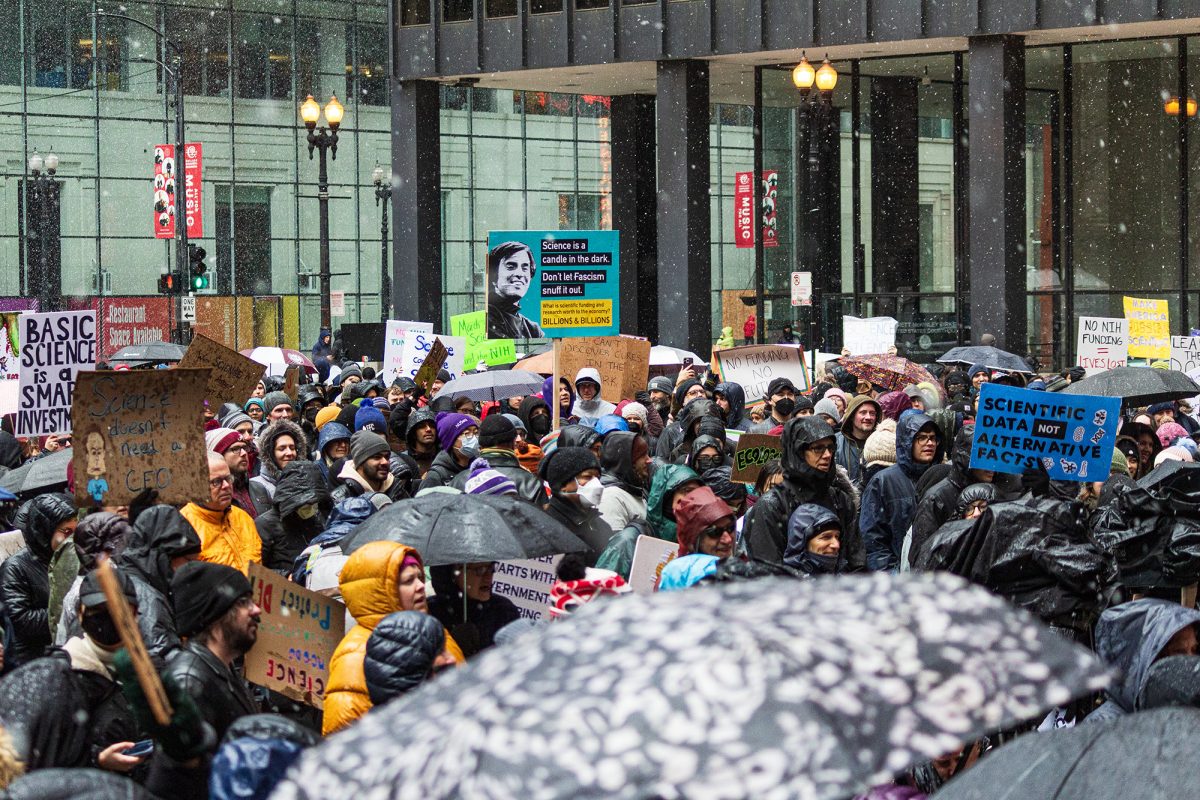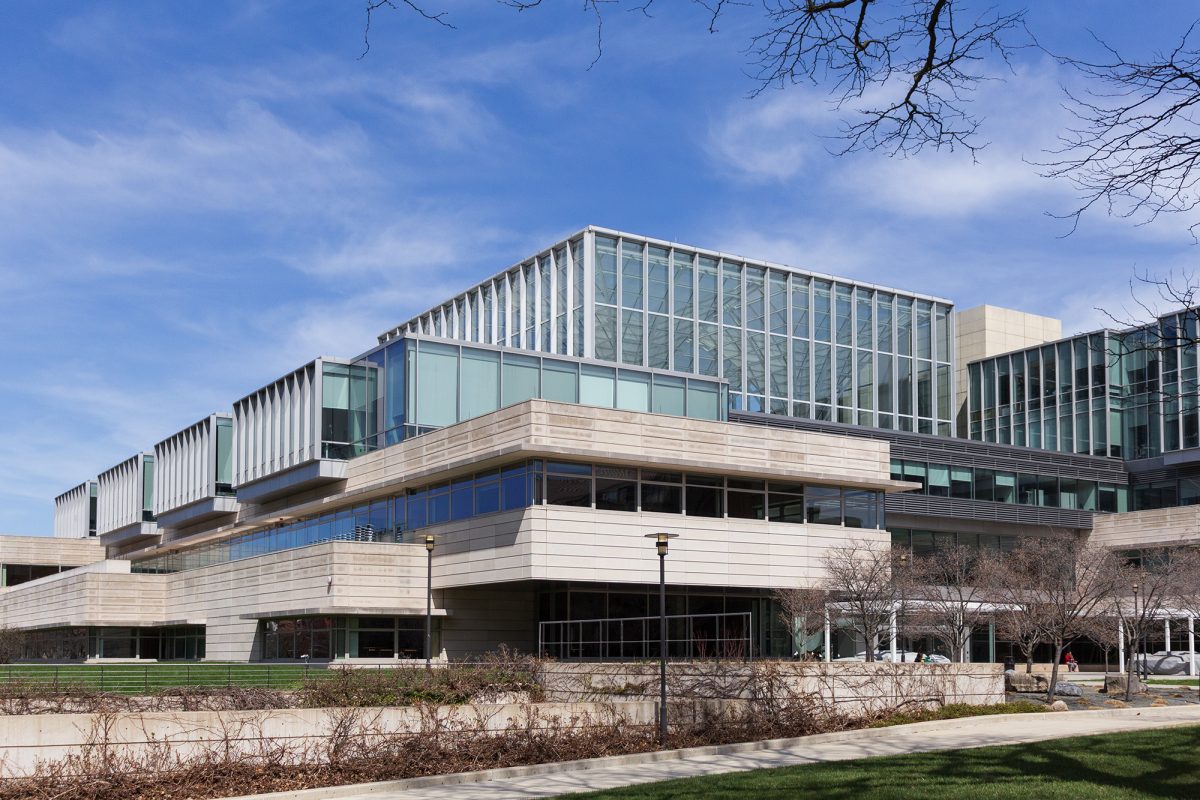Professors and other members of the campus community are wearing buttons to show their support for the union in the contract negotiations between non-tenure track faculty and University administration.
The University of Chicago division of Faculty Forward, a union formed in conjunction with the Service Employees International Union (SEIU), is currently in the process of negotiating its first contract with the University since they began talking in February 2016. This is unusual, as most negotiations with employers take much longer for an initial sit down to take place. Ariana Nash, current chair of the bargaining committee and visiting faculty in Creative Writing, is optimistic about the University's good faith in sitting down so soon after the initial formation of the union and what it means for the negotiations going forward.
“The University has been sitting and talking with us, and we want to keep that positive and forward looking tone,” she said.
The University also had a positive reaction to the contract negotiations. In a statement, the University conveyed their commitment to good faith and regular meetings with Faculty Forward. “We have exchanged substantive proposals, are negotiating over the issues that have arisen, and the work is progressing,” the statement read.
In December 2015, the non-tenure track academic appointees at the University of Chicago voted to form their division Faculty Forward in conjunction with SEIU, which represents over 75,000 members in private higher education all over the United States, according to their website. The University of Chicago bargaining unit is about 300 strong over the course of the year, but membership in a given quarter is much less than that—last quarter, for example, the membership was 167, according to unit management.
The bargaining team’s contract is looking to change the current conditions of employment. They are asking for higher pay per class, assurance from the University that employees will be retained after one contract, benefits for part-time academic appointees, and generally better working conditions.
Demand for a union began to gain real traction when the University changed the status of the Lecturer track in 2009. Previously, the track had been eligible for promotion to other positions, including the Senior Lecturer title. Now, the position is “not on a promotion track,” from the Faculty Handbook on Appointment and Promotion. The University is also not currently creating new Senior Lecturer positions, according to the same Handbook.
“There is now no possibility for the vast majority of our members to advance their title,” Nash said.
Currently, most faculty at the University are temporary employees, and 40% of the full-timers are off the tenure track, according to the SEIU website. These temporary academic appointees are on contracts to teach a certain number of classes, with no security to be hired after those classes are finished. Professor Dan Raeburn of the Creative Writing department, who also wore a button last week, told The Maroon that most faculty are paid $5,000 to teach a class of 12 to 25 students. Those non-permanent employees also receive little to no benefits, like health insurance, from the University.
These conditions are not exclusive to young or inexperienced faculty. Raeburn said that many in the union are veteran faculty of the University. He said that most have advanced degrees with multiple publications and exceptional evaluations.
“Once you have a contract you are within that contract,” Nash said, “but there is nothing else. We want more security, so appointment to appointment there is some sense that if you are doing a good job you will keep being hired by the University.”
Faculty and academic appointees on campus have shown involvement and solidarity with the union by wearing buttons, starting last week. The buttons say “Faculty Forward for a Fair Contract!” with a white arrow on the maroon background. The wearers have not exclusively been members of the union, but also tenured and other faculty. Nash stressed how great it is to have the support of so many full-time faculty, especially those with tenure.
“We have a really great team,” she said, “with people from all over the University, both part-timers and full-timers.”
Raeburn said he believes change is possible: “The University says it values teaching highly, particularly undergraduate teaching, and I believe they do,” he said. “Otherwise I wouldn’t be here wearing the button, which is a reminder to [the University] to do more than pay lip service.”








